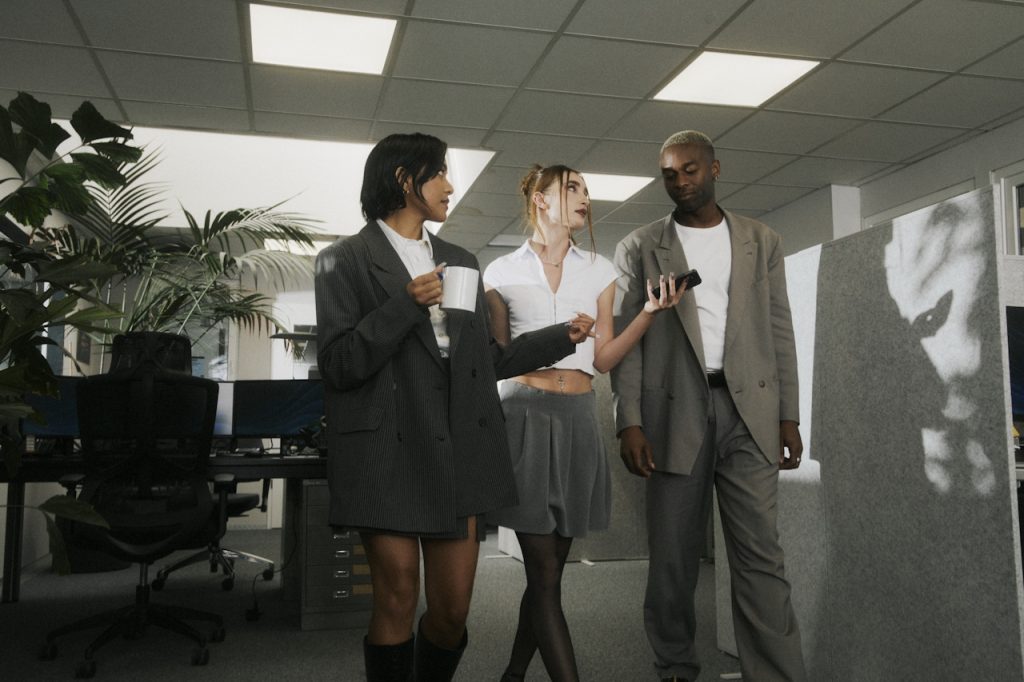On Wednesday Twitter CEO Jack Dorsey announced, appropriately on Twitter, that his platform will ban all political ads starting November 22.
We’ve made the decision to stop all political advertising on Twitter globally. We believe political message reach should be earned, not bought. Why? A few reasons…🧵
— jack (@jack) October 30, 2019
Many applauded Dorsey’s decision, especially in light of Facebook CEO Mark Zuckerberg’s grilling last week by Congresswoman Alexandria Ocasio-Cortez over his company’s role in spreading lies and misinformation. But is it a good decision?
Let’s get out of the way the fact that Twitter banning political ads is both populist and probably misguided. It was not a hard decision. Twitter doesn’t make that much money from political advertising, so there’s little financial loss in saying I care about you, ordinary citizen while stickin’ it to Evil Politicians. Does Dorsey care? Maybe, but he probably cares more about one-upping ‘Zuck.
Twitter is, of course, much bigger than Dorsey. It is an arena for public discourse. Should one person have the power to govern what happens in this arena? The obvious answer is yes, as Twitter is a private enterprise. But the question is should, not could. In the words of Bernie Sanders, “One guy who runs Twitter wakes up one morning and says this is what I’m going to do. Wow. That’s a lot of power for one person to have.”
So what is political advertising? Where are the boundaries? You can probably find a million opinions on the matter, but ultimately it’ll be up to Dorsey and co. to determine. He says the ban includes not just paid promotion of candidates, but also issues. Climate change is a political issue. An oil company is not. You can see where slopes get slippery.
It’s important to consider who benefits most from paying to promote themselves: the challengers. Social media advertising is an affordable way for candidates to reach voters and initiate grassroots campaigns. Incumbents don’t need this. Trudeau did not need to advertise himself. We know what he’s about. It was Sheer, Singh, May, Blanchet, and Bernier who, for better or worse, the public needed to know about.
Sure, you’d like to see people get their political information from trusted sources instead of social media ads. But that’s not the way we consume information. Perhaps instead of banning ads, Twitter would be better off committing resources to regulate political ads.
Facebook too.







